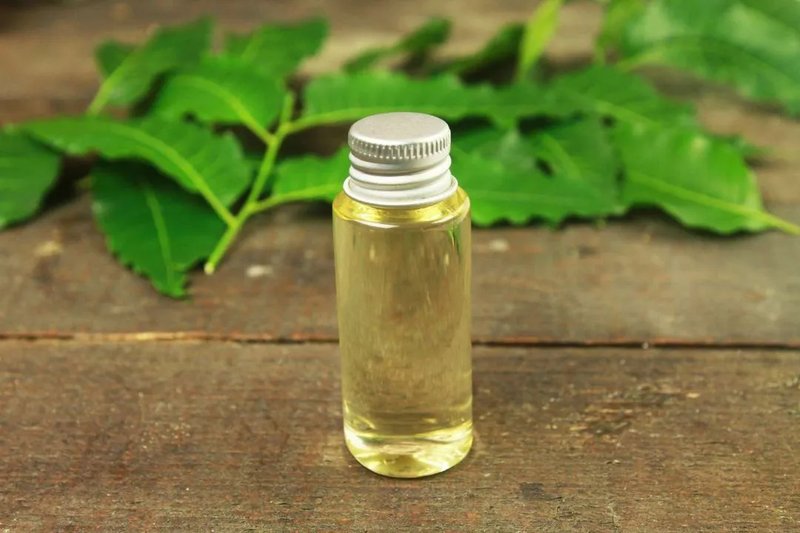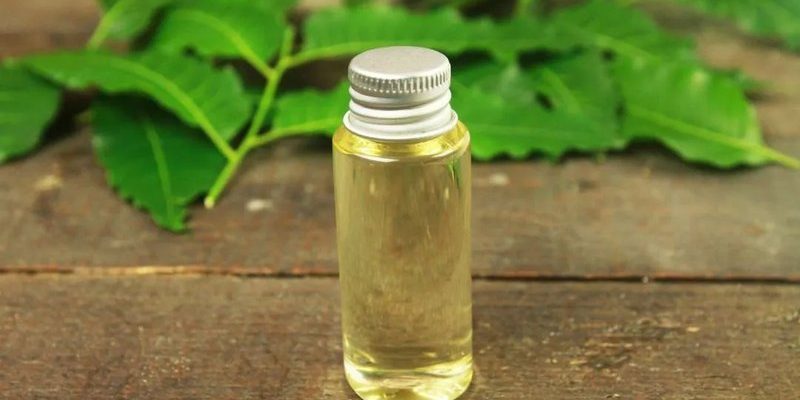
Neem oil isn’t just any garden pesticide; it’s derived from the seeds of the neem tree, which has been used in traditional medicine and agriculture for centuries. Think of it as nature’s own bug spray. The active compounds in neem oil disrupt the life cycle of pests like hornworms, making it quite effective and less harsh on the environment compared to synthetic pesticides. So, let’s dive deeper into how you can use neem oil to protect your precious plants from these pesky larvae.
What Are Hornworm Larvae?
Hornworm larvae, often belonging to two main species, the tomato hornworm and the tobacco hornworm, are the caterpillar stage of moths. They usually have a striking appearance—with vibrant green bodies and a distinctive horn-like protrusion on their rear end. They might look a bit intimidating, but they can wreak serious havoc on your garden, particularly if you grow tomatoes or peppers.
These larvae are known for their insatiable hunger, capable of devouring leaves and fruits in a matter of days. Picture it like having a group of teenage boys at a pizza party—nothing seems to fill them up! With rapid growth and voracious appetites, they can easily strip a plant of its leaves, exposing it to sunburn and disease.
The best part? They’re not just a nuisance; they can also affect your plant’s ability to produce fruit. If you have a garden, you probably want to use safe and effective methods to deal with them, which is where neem oil comes in.
How Neem Oil Works Against Pests
Neem oil acts as a *natural pesticide* by interfering with the normal growth and reproduction of insects. When hornworm larvae ingest neem oil, it affects their feeding habits, often leading them to stop eating altogether—like a bad meal putting you off your favorite dish.
The key active component in neem oil is azadirachtin. This compound alters the insect’s hormones, making it difficult for them to molt. So, not only does it prevent them from growing, but it can also disrupt their mating rituals. It’s a one-two punch!
Applying neem oil doesn’t just deal with existing hornworms; it can also help prevent new infestations. Regular applications create a protective barrier on your plants, knocking out larvae before they get a chance to cause damage. Just remember, while neem oil is super effective, it’s also best to use it in conjunction with other pest management methods for the best results.
How to Apply Neem Oil
Applying neem oil effectively is all about timing and technique. Here’s a straightforward step-by-step guide to help you out:
- Choose the Right Time: Early morning or late afternoon is ideal, avoiding hot, sunny days to prevent leaf burn.
- Dilute the Oil: Mix 1-2 tablespoons of neem oil with a gallon of water and a few drops of dish soap. This creates an emulsion that helps the oil blend well.
- Test a Small Area: Before applying it all over, test a small section of your plant to ensure it won’t react negatively.
- Spray on Affected Areas: Use a spray bottle or garden sprayer to cover the leaves, paying special attention to the undersides where hornworms often hide.
Make sure to repeat this process every 7-14 days, especially if you see new hornworms appearing. Consistency is key!
Precautions When Using Neem Oil
While neem oil is generally safe for plants and beneficial insects, there are still some precautions to consider. For example, neem oil can affect pollinators, so it’s best to apply it in the evening when bees and butterflies are less active. Additionally, avoid mixing neem oil with other chemicals, as this can reduce its effectiveness or create harmful compounds.
You might be wondering, “Can I use neem oil on all my plants?” The answer is mostly yes, but it’s best to confirm that it’s safe for specific plants, especially delicate ones. Always check for guidance based on your plant varieties.
Lastly, if you notice any adverse reactions on your plants, like wilting or discoloration, reduce the frequency of application or dilute the mixture further. It’s all about finding the right balance for your garden’s needs.
Why Choose Neem Oil Over Other Pesticides?
You might be thinking, “Why should I go with neem oil instead of a standard pesticide?” That’s a great question! For one, neem oil is a natural compound, making it a more environmentally friendly choice. It doesn’t leave toxic residue that can harm other insects, pets, or even people, which is a big plus for home gardeners.
On the other hand, many conventional pesticides can lead to resistance in pests over time, making them less effective. Neem oil, however, works differently by targeting the hormonal systems of insects, so pests are less likely to build resistance to it.
And let’s not forget about health: using neem oil means you can enjoy your garden’s produce without worrying about the chemical exposure that comes with many synthetic pesticides. You get to eat healthier and feel good knowing you’re making a safer choice for the environment.
Comparing Neem Oil to Other Organic Options
There are several other organic pest control options out there, like diatomaceous earth and insecticidal soaps. However, neem oil stands out for its multipurpose capabilities. While diatomaceous earth works by physically damaging the exoskeletons of insects, neem oil works systemically and can affect a broader range of pests.
Insecticidal soap, while effective on softer-bodied insects like aphids, may not hold the same efficacy against tougher pests like hornworms. Neem oil, on the other hand, targets not just larvae but also eggs and adult insects across various species.
So, if you’re looking for a versatile solution to combat a range of garden pests, neem oil shines in that arena. Plus, since it’s derived from a tree, it brings a certain eco-friendly charm that many gardeners appreciate.
Using neem oil against hornworm larvae is a natural, effective way to protect your beloved plants without harsh chemicals. By understanding how to apply it correctly and knowing the benefits, you can keep those pesky hornworms at bay. Remember to use it as part of a larger pest management strategy, and always keep an eye on your plants for any signs of distress or new infestations.
So next time you’re sipping coffee in your garden, you can rest easy knowing you’re equipped with the tools to defend against those hungry little critters! Happy gardening!

